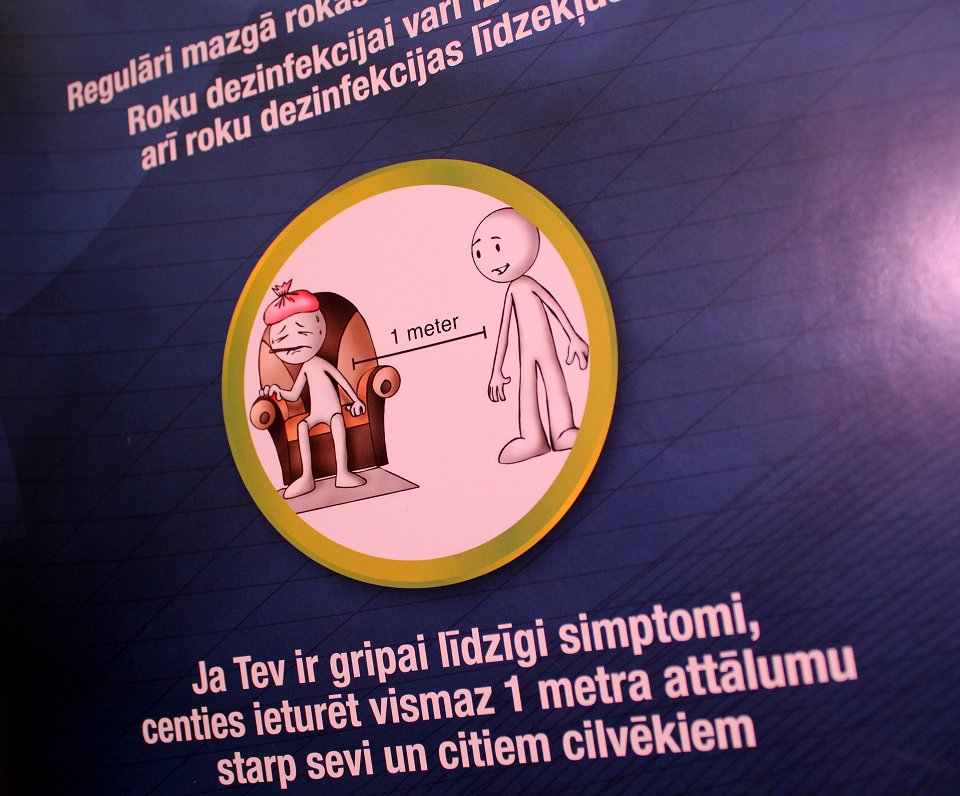For the first time in Latvia, the State will also pay for the vaccines for medical practitioners and social care center clients and employees. State-purchased vaccines are also intended for pregnant women and children under the age of two.
Altogether, the number of government-purchased vaccines is 90 000 doses this year, compared with 33 000 doses last year.
Similarly, this year, the changes were made in the compensation of the anti-flu vaccine for seniors over 65 and those with chronic diseases, increasing the compensation percentage from 50% to 100%.
Information provided by manufacturers shows that this year the total number of anti-influenza vaccines imported into Latvia is 194 238 doses (including 90 000 vaccines purchased by the State), or 12% more than in the previous season, which is also more than annually over the last five years.
By October 14, 34 000 persons have already purchased vaccines in pharmacies as part of the state reimbursement system. Paid vaccines are also offered to residents at medical institutions.
Ministry of Health (VM) said that the availability of anti-flu vaccines will be limited. In an interview with Latvian Radio VM spokeswoman Jana Feldmane said that it is currently difficult to predict whether additional supplies of vaccines will be possible.
For medical practitioners, social care centers, as well as pregnant women and children under the age of two, vaccines are reserved and will be available to GPs.
Paid vaccines, meanwhile, are in limited quantities.
Ministry of Health invites citizens to call the institution to find out whether it has access to anti-influenza vaccines, as well as contact the pharmacy before going. Pharmacy contacts can be found here.
Latvian Radio, calling several medical institutions and GP offices, found that in many places vaccines had just run out, and there were no forecasts when they might appear.



























